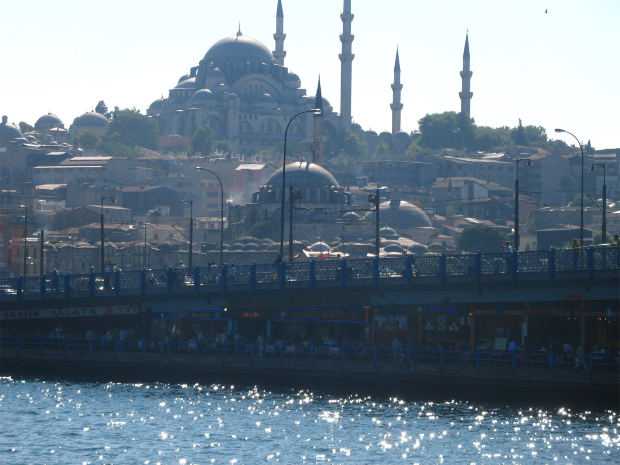The AKP Sees Big
Summary —
Turkey hopes to be a global power, but it has not yet become even the regional player that the ruling AKP declares it to be. Can the AKP do better, or will it be held back by its Islamist past and the conservative inclinations of its core constituents?
MORTON ABRAMOWITZ, a Senior Fellow at the Century Foundation, was U.S. Ambassador to Turkey in 1989-91. HENRI J. BARKEY is a nonresident Senior Associate at the Carnegie Endowment for International Peace and Professor of International Relations at Lehigh University.
Snapshot Is Turkey Leaving the West? Soner Cagaptay
Under the leadership of the Justice and Development Party (AKP), Turkey’s foreign policy is becoming more Islamist. Can the country’s history of cooperation with the West survive?
In recent years, Turkey has earned kudos from the international community for its economic dynamism, its energetic and confident diplomacy, and its attempts to confront some of its deepest foreign policy problems, such as in northern Iraq and Cyprus. Secretary of State Hillary Clinton has said that Turkey is one of seven rising powers with which the United States will actively collaborate to resolve global problems. But Turkey has not yet become the global, or even regional, player that its government declares it to be. These days, as always, daunting domestic issues are bedeviling Turkey’s progress. Increasingly polarized views about the leadership of the ruling Justice and Development Party (known as the AKP) have undermined the government’s ability to spearhead profound political change. Even some of the AKP’s traditional supporters have begun to question whether the party will follow through on its goals, including that of getting Turkey to join the European Union.
There are two camps. The first, and largest, group, which includes center-right politicians, liberals, and the religious, fully supports the AKP. It sees the party as fighting the dead hand of the past to free Turkish politics from subjugation by the military and the judiciary. To most AKP supporters, the party is genuinely committed to instituting a much greater measure of democracy and tackling Turkey’s most difficult issue: recognizing the democratic rights of its large Kurdish population. According to them, the party is serious about meeting the difficult requirements for EU accession and about launching fresh and constructive diplomatic initiatives in the Middle East, Central Asia, and the Caucasus. And they interpret the widespread claims that the AKP wants to establish a religious state as both fanciful and retrograde.
https://www.foreignaffairs.com/articles/turkey/2009-11-01/turkeys-transformers


Leave a Reply